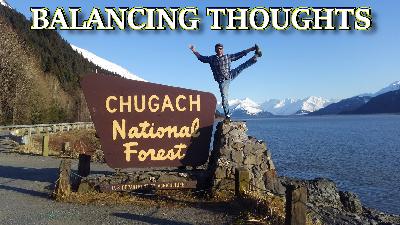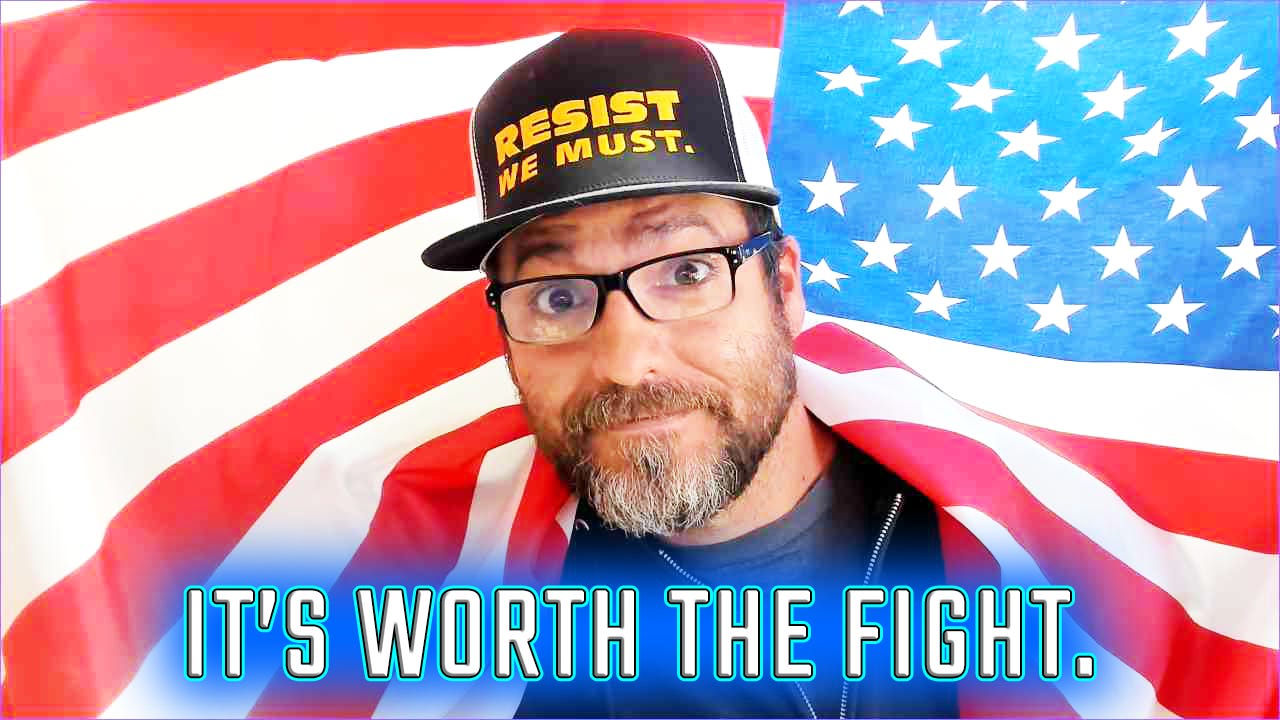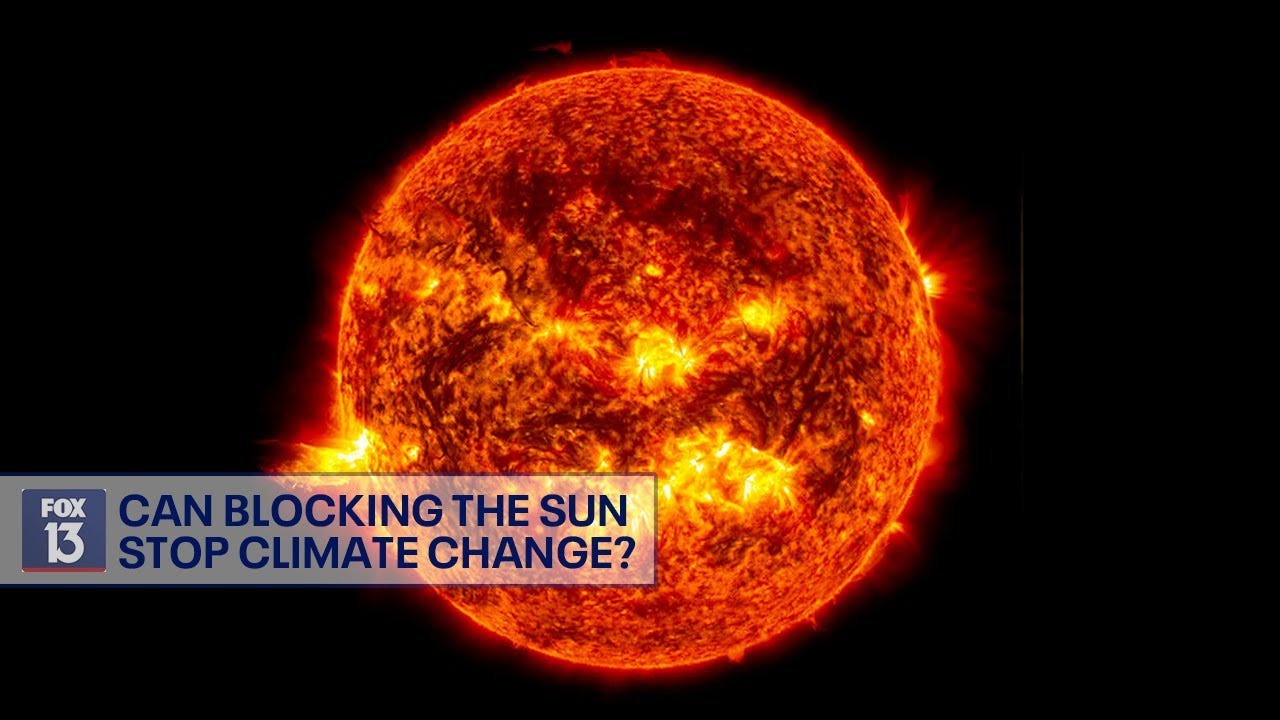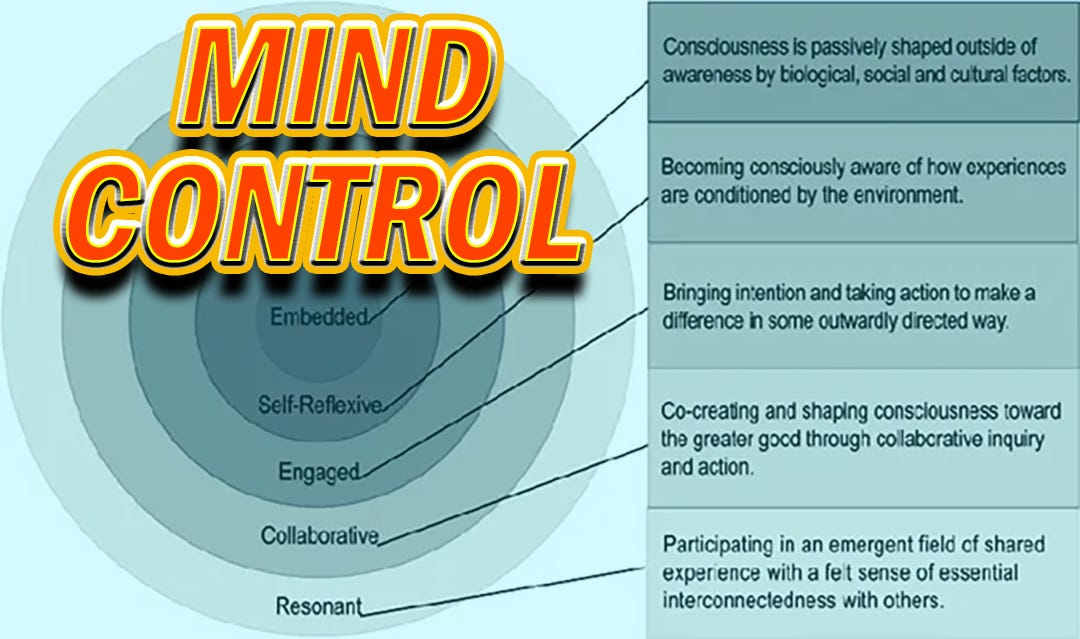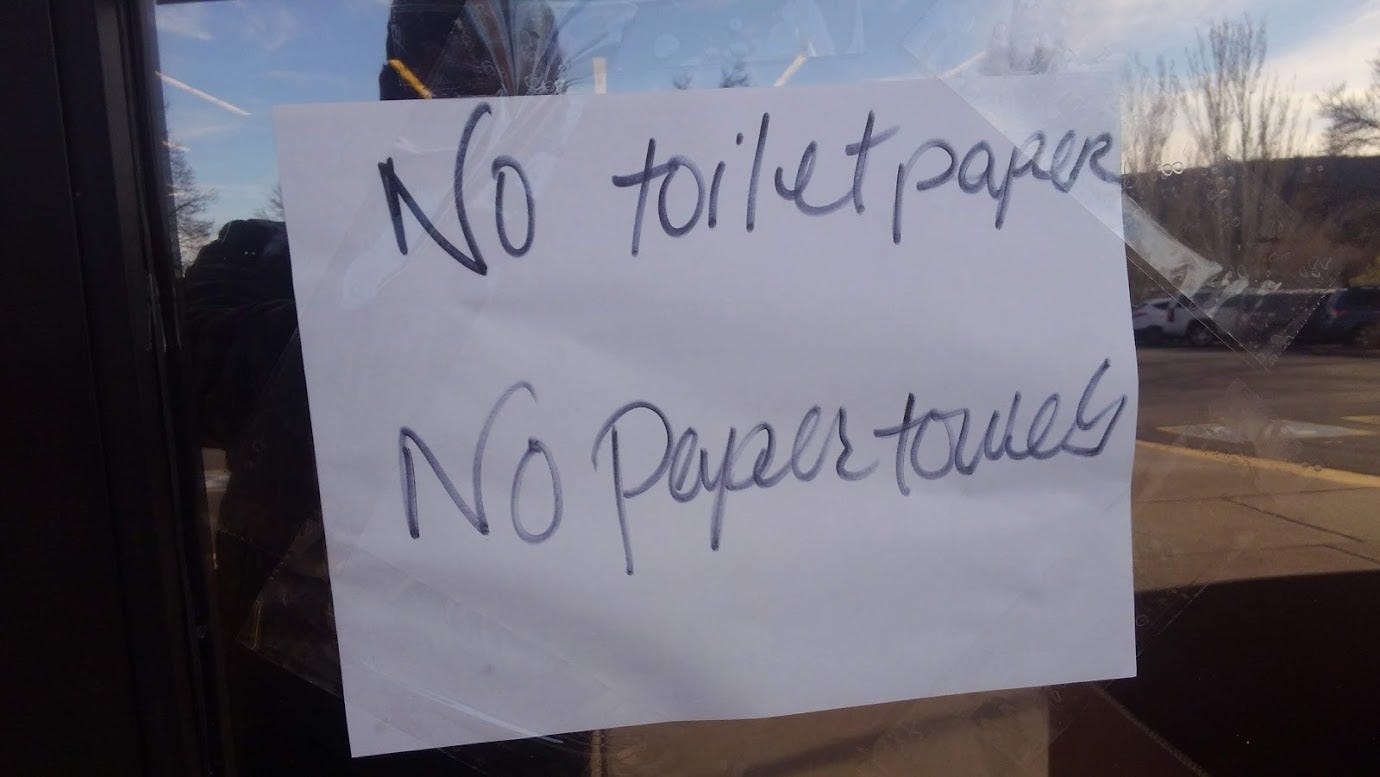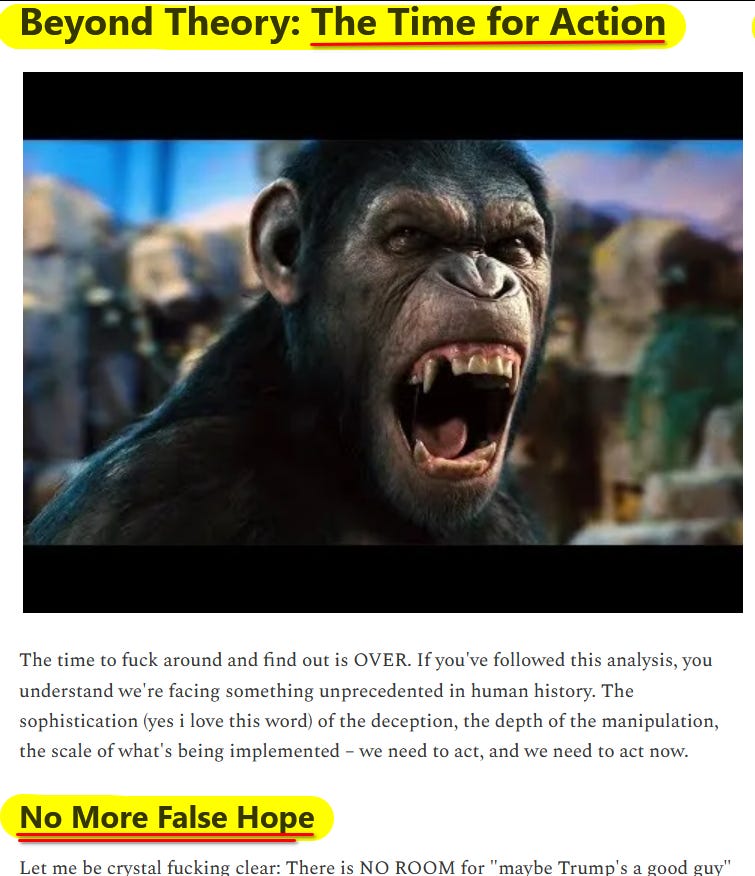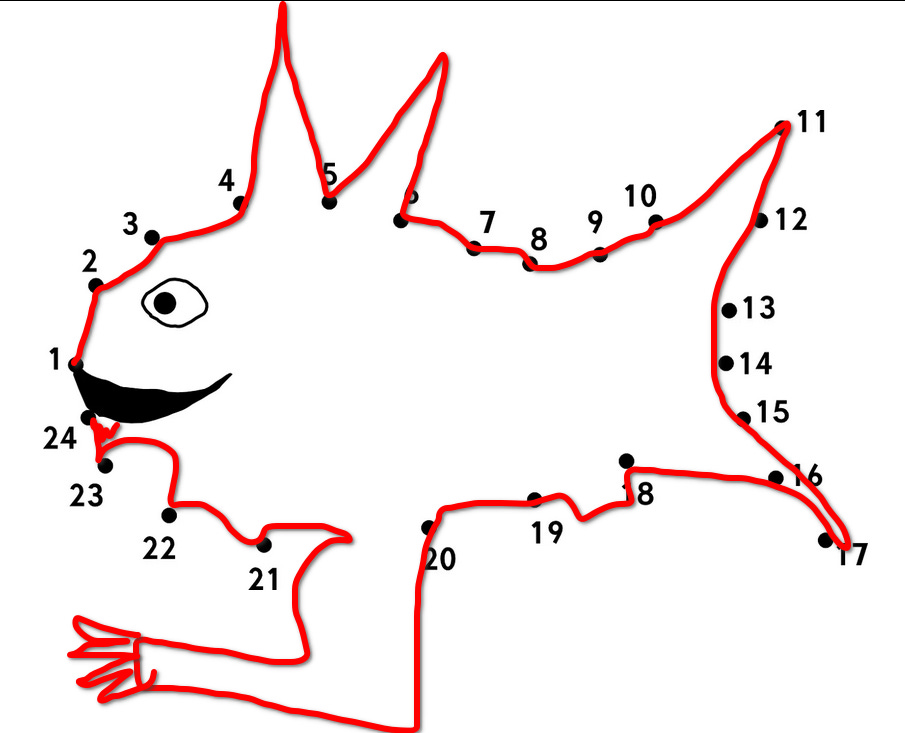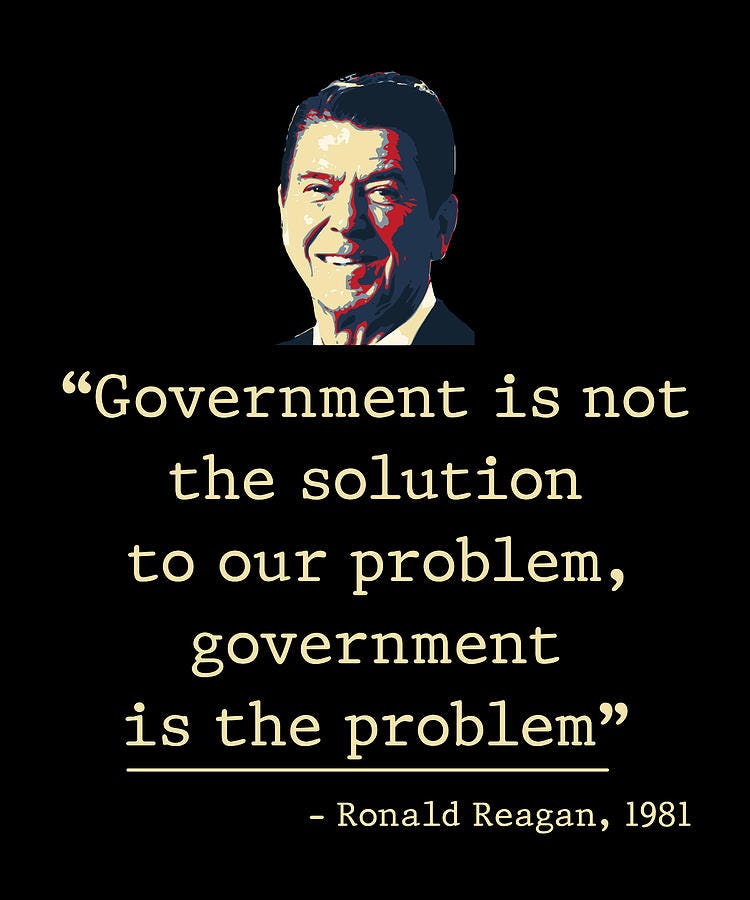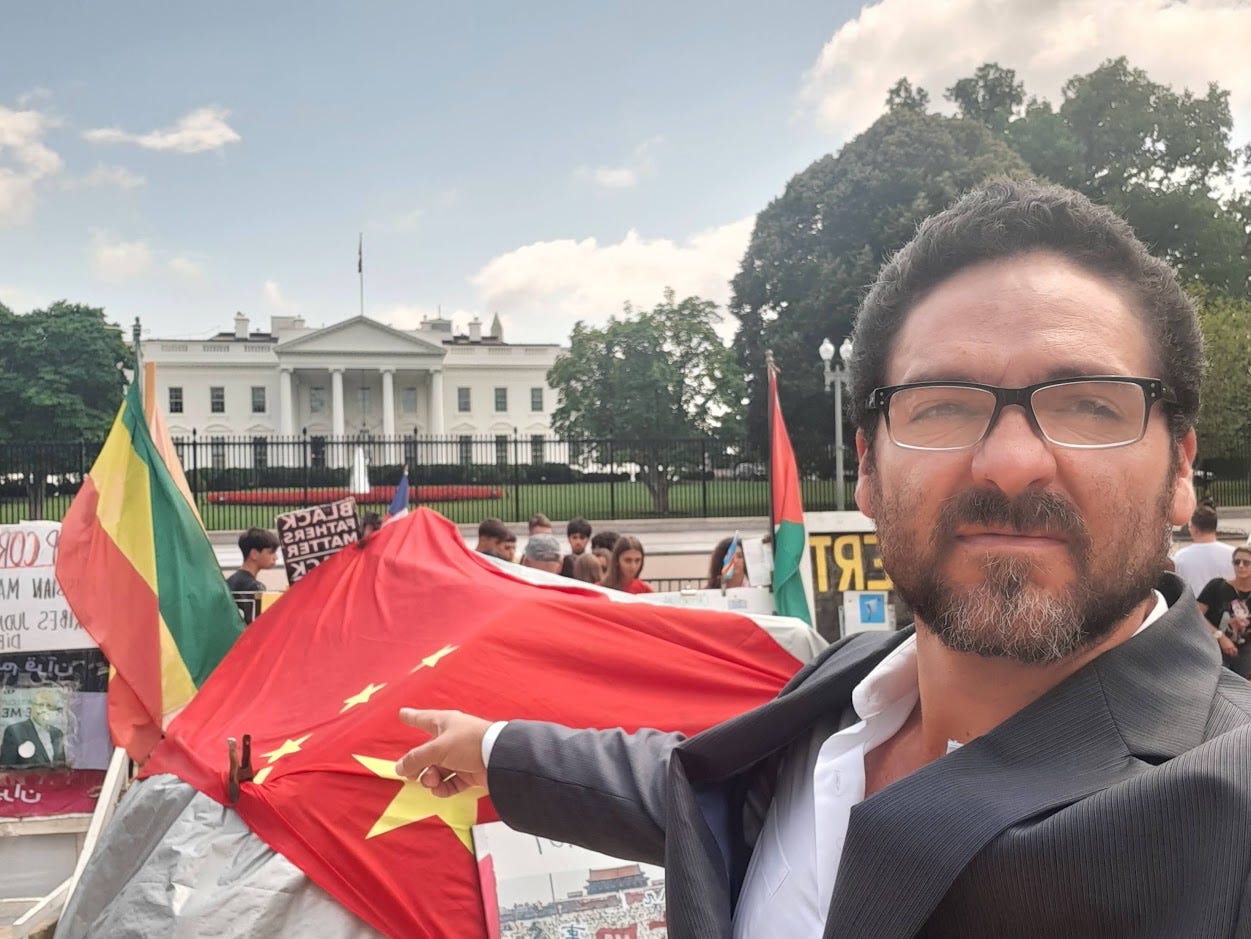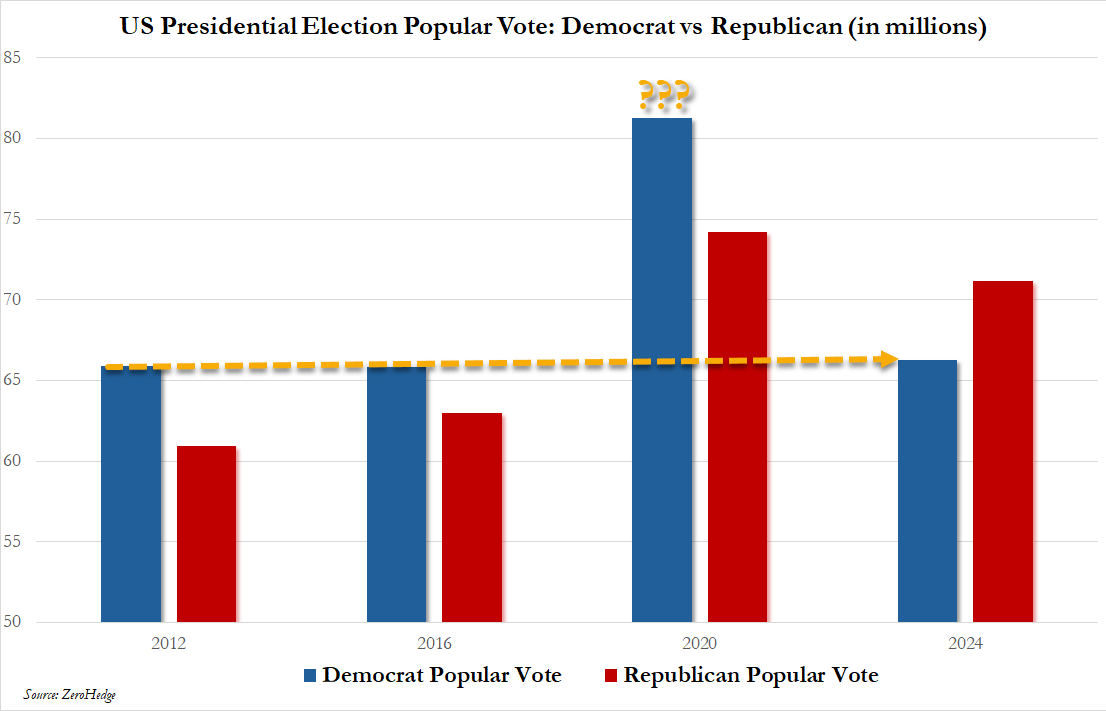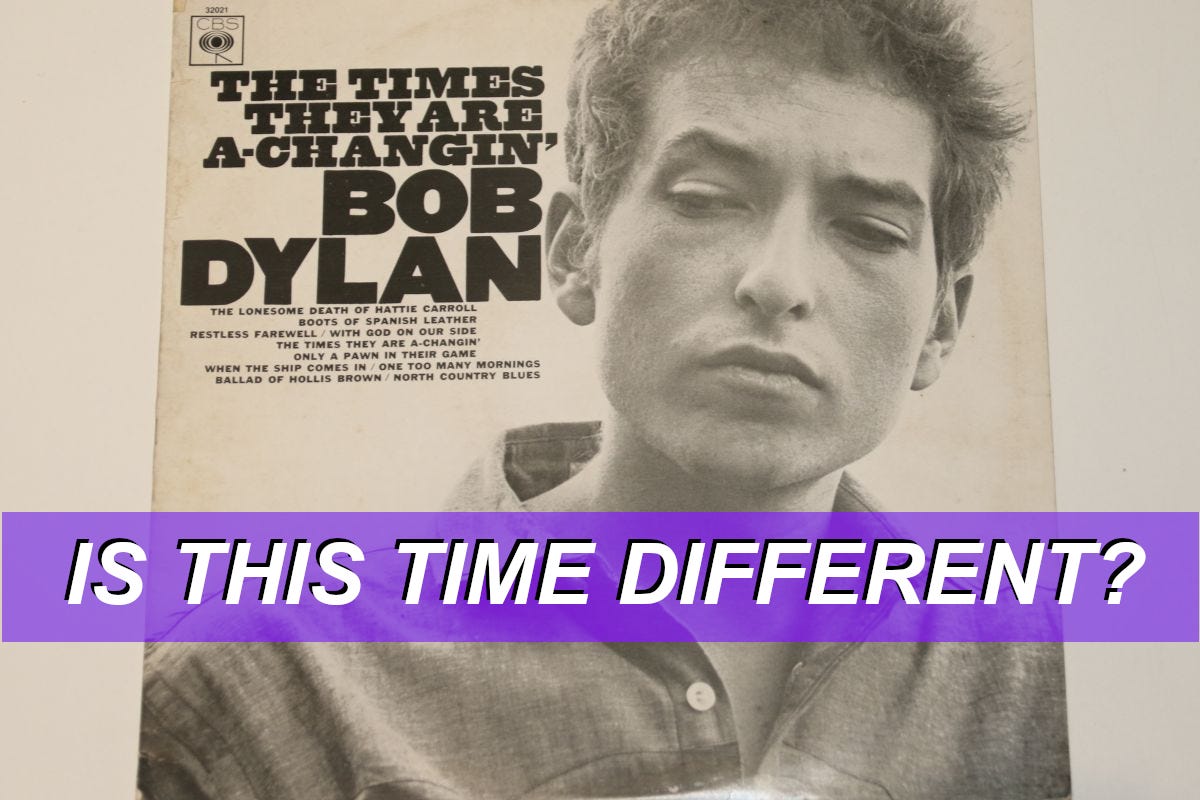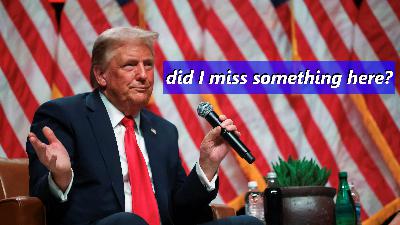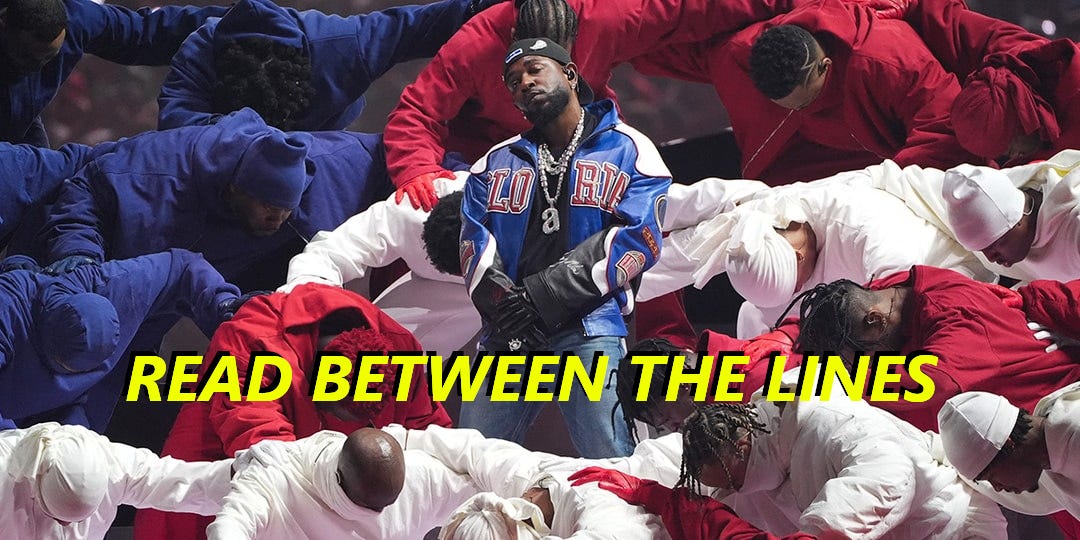TR 667 - On Religion, Politics, & Spiritual Solutions to a Host of Societal Woes
Description
Let’s continue…
Yesterday, in TR 666 - Trump's Plan to Eradicate anti-Christian Bias has Direct Ties to Religious Corruption, I called out Trump’s spiritual advisor, Paula White, for her direct ties to gross religious corruption—and as expected, I lost subscribers because of it.
So be it.
Also in that report, I made the effort to stimulate critical thinking regarding how one might perceive the government’s role in promoting religion, specifically by providing examples of what might feel like “foreign” religious practices such as Buddhism, Hinduism, and Islam. I pointed out that though adherents of each faith worship God in their own different ways, each group (Buddhists, Hindus, and Muslims) also has a strong contingency that supports Donald Trump and America First policies.
I was emphasizing that just because these people believe differently, does not make them our enemies. Many of them are, in fact, our political allies—and in this fight-to-the-death for the American Republic, we really do need all the allies we can get.
With that in mind, it is commonly said that there are no more divisive issues than politics and religion. Much of our culture has long considered these two topics to be taboo in polite conversation. This is no accident, I believe, as neglecting these subjects in “polite conversation” allows for deep, natural divisions to fester.
Left unchecked, these deep, natural divisions will naturally lead to the death of our Union. United we stand, divided we fall, as you well know.
Thus, all at once, the need arises to address these deep, natural divisions head-on, and deal with the taboo topics that so many people are too timid to talk about.
To do so, we need to make plain two intertwined vectors of thought. The first vector is that of faith, belief, and religious practice. The second, is that of faith, belief, and political practice. The common threads should be obvious to all.
The power of faith and belief are well documented in scientific literature. As alluded to yesterday, the benefits of having faith and believing in God (or a higher power) are numerous, ranging from an increased sense of well-being, to greater psychological resilience against stress and a measurably greater ability to heal injury and disease.
This is miraculous to me. It’s like magic. It’s divine. Though scientists, using the empirical scientific method, have proven conclusively that this correlation exists, they still have a very poor understanding of why faith and belief have such a profound impact on the physical, mental, and spiritual health of human beings.
Is it too much of a stretch to suggest that we were designed that way?
If one were to reject the notion of Intelligent Design, or reject the belief that we have been created in the image of God, and instead intentionally stick to raw evolutionary explanations, logic will again lead to the same conclusion.
The positive impact of faith and belief clearly exists in objective reality, undeniably, and the mechanisms of this phenomenon are still shrouded in mystery.
Personally, I chalk this mystery up to the Eternal Enigma, to that which exceeds the mind’s ability to comprehend—but that’s just me.
It’s true that there are many things we can know, that we cannot explain, right? For example, one need not understand exactly how a microwave internally functions, to push the button and pop some popcorn.
This is an apt analogy to faith.
One need not understand how the universe, multiverse, or cosmos functions—pick your preferred label for the Sum of Everything that is—to grasp the very real benefits of spiritual practice. Faith, prayer, worship. These have an undeniably positive impact on our daily lives, an impact that we can both feel, perceive, and document.
But here we must square off with a reality that many religious groups struggle to accept. Different faiths, different prayers, and different forms of worship all produce an equivalent degree of positive impact—an impact that can be felt, perceived, and documented objectively, regardless of the religion involved.
This is quite profound, is it not?
So, if various faiths and religious beliefs are producing the same physiological and spiritual benefits—which is a boon for humanity, mind you—then who’s to say that one religion is morally superior over any of the others? Certainly not me.
I can have my own preferences and faith. I can have my own beliefs and convictions. I can even study scriptures and ancient texts to flesh out my head-level understanding of how all of this stuff works—but I cannot deny the fact that people with entirely different beliefs, based on entirely different texts, experience the same effects.
To deny that reality would be a woeful degree of arrogance and self-deception.
Thus, I believe that honesty compels us to acknowledge this reality, and that humility compels us to accept it. I believe that honoring the various spiritual expressions of humanity is the proper path forward.
This is the virtuous path: honesty, humility, and honor.
Of course, you obviously do not have to believe as others do. You do not have to accept their beliefs as gospel, abide by their dogma, or honor their Gods. That’s not what I’m saying. What I’m saying is that we need to accept the fact that each of these groups are engaged in fruitful spiritual expression that brings peace, joy, and a deeper meaning to their lives—regardless of what you or I think about it.
It is said in the Bible, “My ways are higher than your ways and my thoughts than your thoughts.” Is it not possible that God is speaking to different people in different ways?
With that said, in so much as faith and belief play out in the grand display of religious and spiritual practices observed around the world, so too do these intriguing behaviors—faith and belief—play out in the political theater. Indeed, faith and belief play a profound role in political practices around the planet. Unfortunately, these forces can, in many instances, be pointed to as the root cause of geopolitical chaos.
Here we must reach for a higher perspective, to properly frame the issue, and we must do so with honesty, humility, and honor—lest our efforts be in vain.
Let’s zoom out.
Similar to the myriad religious beliefs that undeniably exist, there are also myriad political beliefs in every corner of the planet that are held with equal conviction. While a strong case can be made that there is little distinction to be made between beliefs in religious and political dogma, on a very subtle note I disagree.
I place faith and belief in God, in something divine, in worship and prayer, as an inseparable aspect of our shared humanity. It is an instinctual expression of the spirit within, something that animates us at the subconscious level to seek a deeper meaning and explanation for our existence.
In this sense, I see spirituality as an extension of Natural Reality.
Conversely, I hold faith and belief in the State, in political reality—which comes complete with worship and prayer (albeit in a secular form)—as something entirely different. This is an environmentally conditioned phenomenon that has arisen from the growing complexities of human interaction.
Spiritual expression has existed since the dawn of time, but political expression as it is today, arrived on the scene much later in the course of history.
In this sense, I see politics as an extension of human thought, which is something very different and often at odds with Natural Reality.
To be fair, I see organized religion just the same. Organized religion is an exercise of thought that often confuses and restricts the natural expressions of spirituality.
But, to the point, political reality does in fact exist, and political tensions exist because of it. And again, the same can be said for the reality of various religions—various religions do in fact exist, and religious tension inherently exists because of it.
Think of Holy Wars, Jihad, and the Great Crusades, and you’ll get what I’m saying. Religious wars are no different than one country waging war upon another, or for that matter, the entire world imploding into conflict due to political tensions.
What we find, upon closer inspection, is that human beings can be easily compelled to kill one another over different beliefs—that is, over different thoughts.
Is there a solution to this persistent, plaguing feature of humanity?
Maybe not.
But, then again, I do believe we can get a long way toward peace and stability by walking the virtuous path. Living with honesty, humility, and honor will do a lot to diffuse divisions and tension, be they religious or political in nature.
Distilled to a simple phrase of common parlance, the solution is “live and let live.”
Of course, that will never work, so long as religious and political dogma rule the day. It would be naive to think, “can’t we all just get along.” The answer is obviously no.
But WHY?
Why can humans beings not coexist in peace and harmony?
In theory it’s possible, and in reality many people do in fact live in peace and harmony, with people who have wildly different beliefs about God and politics. America has been proof of this fact for nearly 250 years. This is true, is it not?
So then, we might inquire: wh

